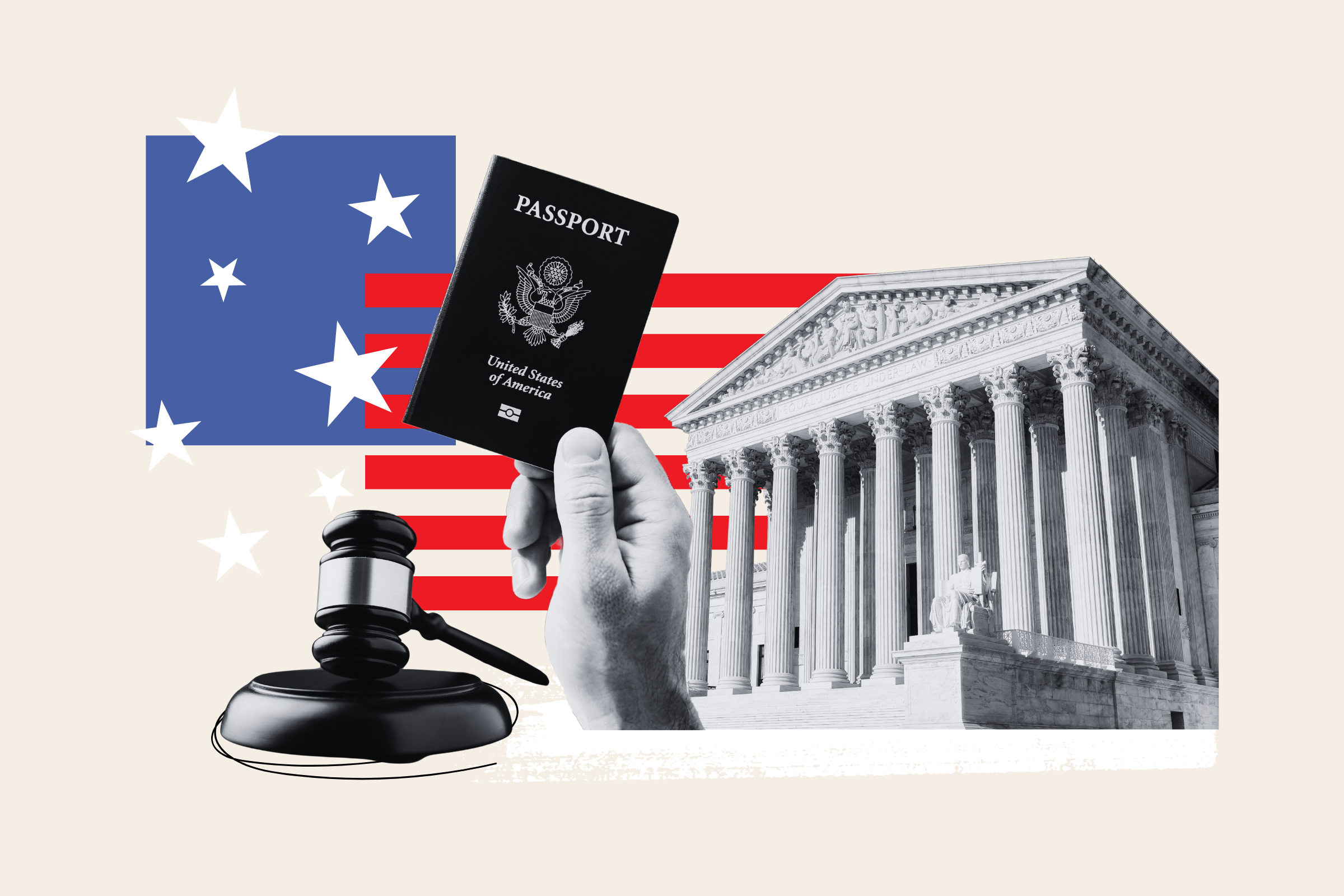🎙️ Voice is AI-generated. Inconsistencies may occur.
President Donald Trump's new budget plan has renewed a push for Medicaid work requirements and spending reductions that could leave millions of Americans without health coverage.
With the GOP-led House advancing a budget resolution this month, key committees are now tasked with writing legislation that may include sweeping changes to Medicaid eligibility and funding.
Why It Matters
Nearly 80 million Americans rely on Medicaid for health coverage.
A recent analysis from the Center on Budget and Policy Priorities (CBPP) estimates that 36 million adults—about 44 percent of all Medicaid enrollees—would be at risk of losing coverage under expanded work requirement policies now being considered.
States that expanded Medicaid under the Affordable Care Act could see the sharpest impact.
What To Know
The Trump administration and congressional Republicans argue that requiring Medicaid recipients to work or justify an exemption will reduce program costs and promote labor force participation.
In a new report from the Robert Wood Johnson Foundation, analysts found at least 10,000 residents would lose Medicaid coverage in nearly every state that expanded its Medicaid if new work requirements were passed.
The coverage losses would be highest in states with large populations like California (1-1.2 million) and New York (743,000-846,000). In several other states, more than 100,000 people would likely find themselves without coverage. That list includes Arizona, Illinois, Indiana, Kentucky, Louisiana, Michigan, New Jersey, North Carolina, Ohio, Pennsylvania and Washington.
The top five states at risk of the most Medicaid coverage losses are California, New York, Pennsylvania and North Carolina, the report found, in part due to population size.
Research from the Kaiser Family Foundation (KFF) shows that 92 percent of Medicaid-eligible adults either already work or have valid exemptions due to caregiving, disability or education.
Administrative costs are another concern. Georgia's waiver-based "Pathways" Medicaid program, launched in 2023 under similar requirements, has cost over $40 million, with the bulk going toward administrative and consulting expenses rather than health care services, according to KFF Health News.
According to the Center for American Progress, 12 states—including Arizona, Indiana, Montana and New Hampshire—have "trigger laws" requiring them to roll back Medicaid expansion if federal contributions fall below 90 percent. This change alone could eliminate coverage for more than 3.6 million people.
While the new budget passed by House Republicans does not outright cut Medicaid or enforce work requirements, it instructs the Energy and Commerce Committee to reduce $880 billion in spending over the next decade.
Since Medicaid and Medicare are allotted a considerable portion of the committee's funding, financial experts and Democratic lawmakers anticipate that Medicaid could see substantial changes under the new budget.
"Republicans are putting Medicaid and SNAP on the chopping block in order to reward their billionaire donors and big corporations with tax breaks," California U.S. Representative and former House Speaker Nancy Pelosi wrote on X. "The American people cannot afford this extreme agenda."
Trump, however, has consistently said that Medicaid, Medicare and Social Security will be spared from cuts under his administration.
In an interview with Fox News' Maria Bartiromo on Sunday Morning Futures in March, Trump doubled down, saying, "I'm not going to touch Social Security, Medicare, Medicaid."
"We're going to get fraud out of there ... everybody wants us to get the fraud out ... we're going to have tremendous growth."

What People Are Saying
Chris Fong, CEO of Smile Insurance and a Medicare specialist, told Newsweek: "Based on the current political climate, it is likely that we will see the work requirement for Medicaid individuals. Our hope is that there will be some exceptions due to disability levels, but there's no indication that disability levels will be taken into account when determining Medicaid eligibility."
Kevin Thompson, CEO of 9i Capital Group and host of the 9Innings podcast, told Newsweek: "There's a strong likelihood that federal work requirements will be implemented as Congress looks for ways to offset the cost of a new tax bill. Unfortunately, that may come at the expense of programs like Medicaid. The federal government is pushing for work requirements and block grants, which would cap funding and shift more responsibility to the states. While larger states will feel the effects due to scale, the poorer often southern Republican-leaning states that rely heavily on federal assistance may bear the greatest burden."
Alex Beene, financial literacy instructor for the University of Tennessee at Martin, told Newsweek: "While many may think working requirements for Medicaid benefits isn't necessarily a bad thing, the reality is many Medicaid recipients already work in some capacity. The 80-hour-or-more requirement for monthly working hours if implemented, though, could leave some recipients getting nothing."
"And while proposals do leave room for those who are unable to work due to personal health issues or family care, we also know that the more paperwork and procedures you add to the process for qualifying for benefits, the fewer who receive them because they are either unaware or unable to complete those additional tasks."
What Happens Next
The House Energy and Commerce Committee is expected to begin marking up Medicaid-related legislation in early May. GOP lawmakers have signaled they will include work requirements as key components of the reconciliation bill they hope to pass this summer.
But experts warn that stripping Medicaid from low-income individuals and families could increase medical debt, delay diagnoses and destabilize hospitals, particularly in rural areas.
"Work requirements have no upside," CBPP analysts Gideon Lukens and Elizabeth Zhang wrote in their February report. "They strip health coverage from people with low incomes—most of whom are already meeting or exempt from the requirements—leading to gaps in care that damage their health and financial security and make it harder for them to find or keep a job."
Correction 4/16/25, 12:45 p.m. ET: This article was updated to clarify that analysts found that at least 10,000 residents would lose Medicaid coverage in nearly every state and not all states.
About the writer
Suzanne Blake is a Newsweek reporter based in New York. Her focus is reporting on consumer and social trends, spanning ... Read more




